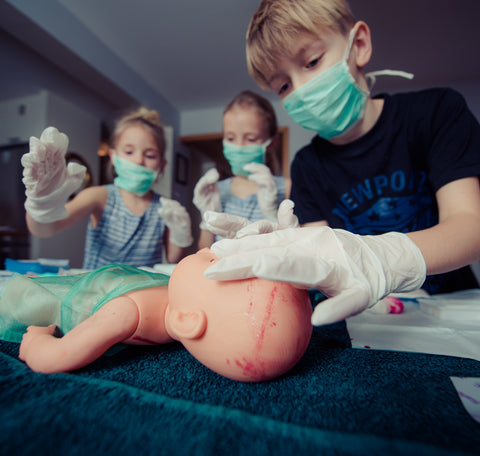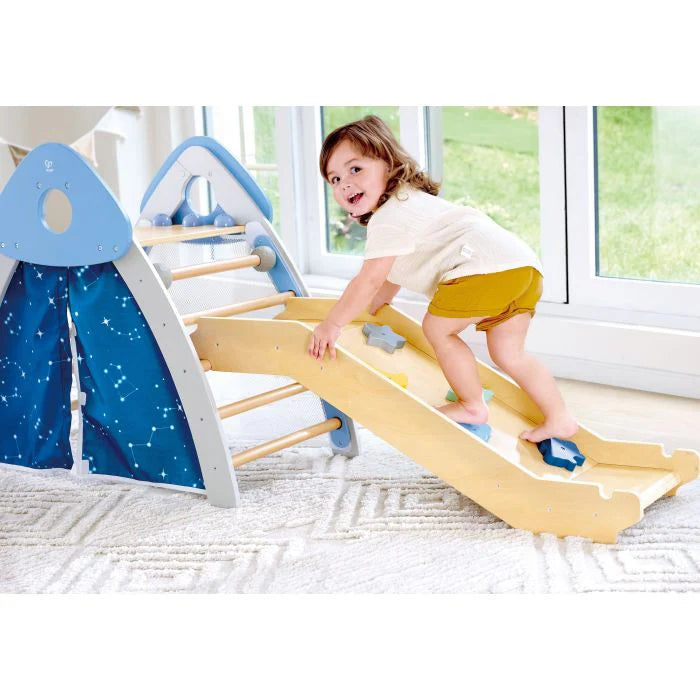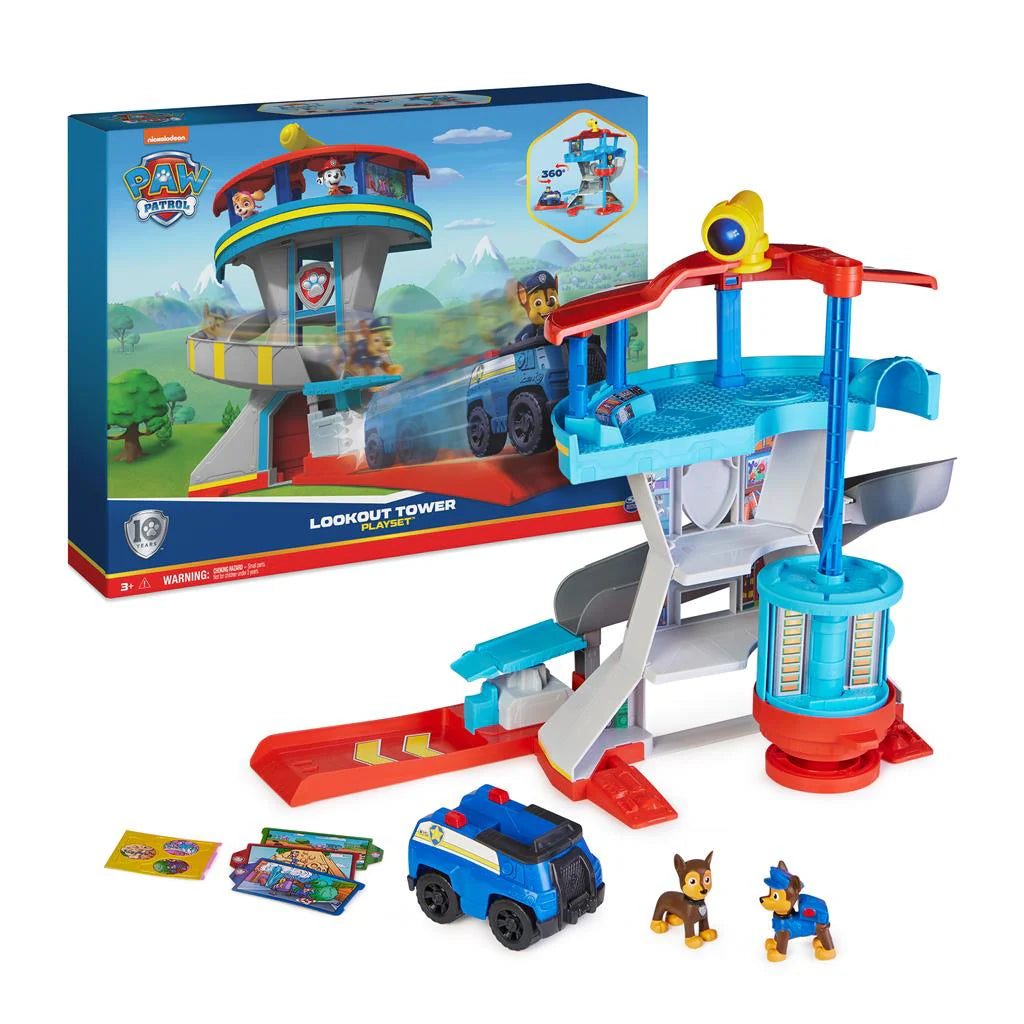Play Therapy
What is Play Therapy?

Play therapy is a form of counseling for children aged 3 to 12 years old. It is run by a trained play therapist in a room specifically set up to contain a variety of toys and play equipment. Often affiliated with a public child and adolescent mental health clinic at a hospital, there are independent play therapists throughout the country too.
When is Play Therapy Used?
Children learn through play. They also ‘talk’ through play, making specific therapy based play a time when they can share what is happening for them, and learn ways of managing it.
Specific times play therapy can be beneficial include:
- Illness of child or family member
- Close death
- Aggressive or angry behaviour
- Eating disorders
- Social difficulties
- Divorce
- Traumatic events
- Domestic violence or abuse
Usually, a referral is required from your GP or another medical professional to be considered for such therapy, and a long waiting list is often faced too.
What Happens During Play Therapy?
A play therapy session will involve you, your child and the play therapist. An initial discussion between you and the therapist would already have occurred, and they will use these sessions as a time to undertake their own assessments.
Fully child-directed, the child chooses what they want to play with and how to play with it. Self-expression is encouraged, and the child may share this through their actions or words. Tools such as storytelling, music, dancing, role play and pretend play are used.
Unlike an adult counselling session, there is little talking initiated by the therapist. They will though ask questions about what the child is doing and their reasons for doing so. This is to help them guide the session and understand what is happening for the child.
Can I Do Play Therapy At Home?
In short, no you cannot do true play therapy at home. A play therapist may be a psychologist, psychiatrist, behavioural or occupational therapist, social worker or counsellor. While it is a legal and ethical requirement to be fully trained to call yourself a play therapist, as a parent you can encourage play at home. It won’t be a play therapy session, but the benefits of play at home and school are already immense.
Try child-led or free play sessions, where your child is in charge of what they do (within safety reasons of course). Help them feel safe and let them know that they can trust you; both things we as parents should be doing each day! For more advice on play therapy, we recommend contacting your GP or another medical professional, especially if you have any concerns about your child.




Leave a comment